
What items does FCC Certification Test?
FCC product certification is a detailed and formal process mandated by the FCC. Testing is essential and must be conducted by accredited laboratories. Products requiring certification include Bluetooth devices, ZigBee radios, etc. After testing is completed, the results are formally submitted to a telecommunications certification body or directly to the FCC. The documentation required for this certification is more comprehensive than that for a Declaration of Conformity (DoC).
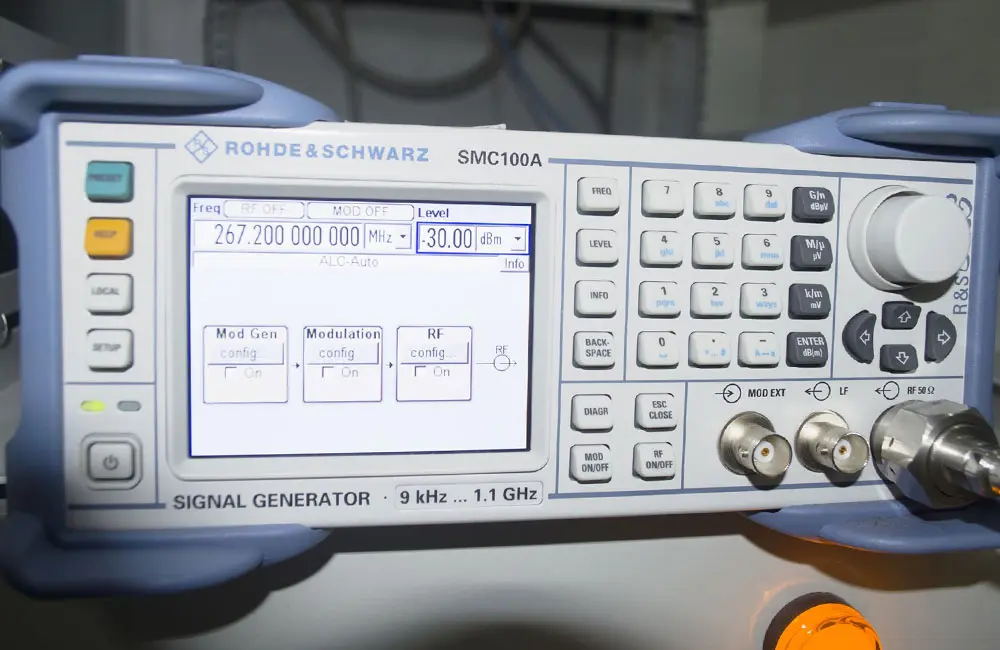
Introduction to FCC Certification in the USA
The FCC, or Federal Communications Commission, established in 1934, is an independent agency of the U.S. government that reports directly to Congress. The FCC coordinates domestic and international communications through the regulation of radio, television, telecommunications, satellite, and cable. It is responsible for authorizing and managing radio frequency transmission devices and equipment, excluding those used by the federal government. The FCC's jurisdiction covers over 50 states, the District of Columbia, and U.S. territories to ensure the safety of radio and wire communication products related to life and property.
According to relevant parts of the Code of Federal Regulations (CFR 47), all electronic products entering the U.S. (primarily those operating at frequencies between 9 kHz and 3000 GHz) must undergo electromagnetic compatibility certification (FCC certification). Thus, FCC certification is mandatory in the U.S.
Common FCC Certification Test Content
The FCC regulates only electromagnetic interference, which is mainly categorized into:
1. Radiation Emission: This interference propagates through space, typically from 30 MHz to 1 GHz, with high-frequency interference primarily being radiated.
2. Conduction Emission: This interference spreads through power lines, signal lines, and other conductors, usually affecting frequencies from 150 kHz to 30 MHz. This type is common in electronic products connected to the power grid.
3. Antenna Terminal Interference: This is relevant for devices with external antennas, such as TVs.
FCC Certification Test Standards
FCC Certification Test Items in the USA
1. Radiated emission; Conducted emission;
2. Harmonic current; Flicker;
3. Frequency error; Adjacent channel power;
4. Spurious emission; Conducted carrier power;
5. Effective radiated power;
6. Transmitter modulation frequency response;
7. Modulation bandwidth range for wideband equipment;
8. Frequency stability under low voltage conditions.
Documentation Required for fcc testing and Certification
1. The applicant must fill out an application form and provide the necessary documents.
2. Copies of installation and user manuals for the certified product.
3. Electrical schematics and descriptions of the product's working principles.
4. A list of the product's operating oscillation frequencies.
5. Circuit diagrams.
6. Simple user instructions.
7. An engineer's evaluation of the documentation to determine the cost and timeframe.
8. The applicant confirms the price, signs a contract, and submits samples for testing (sample quantity to be coordinated with the staff).
FCC Testing and Certification Process
1. The client submits the application form to the testing agency.
2. The client prepares the test samples (wireless products need a fixed-frequency machine) and provides product documentation.
3. The testing agency issues a draft report, which the client confirms before the final report is issued.
4. For fcc sdoc, the project is completed at this stage. For fcc id, the report and technical documentation are submitted to a TCB.
5. The TCB reviews and issues the FCC ID certificate. The testing agency sends the final report and FCC ID certificate.
6. Upon receiving FCC certification, the company can use the FCC mark and related statements on their product.
Note: First-time applicants for FCC ID certification need to register an FCC-FRN to establish a company profile. The TCB-issued certificate will include an FCC ID number, typically composed of the "Grantee code" and "Product code."
FCC Certification Testing Costs
Costs vary depending on the product:
1. Non-wireless ordinary products for FCC-SDoC certification range from $500 to $900.
2. Wireless products like mobile phones, remote controls, Bluetooth speakers, and tablets for FCC-ID certification range from $1200 to $2000, depending on the product.
Email:hello@jjrlab.com
Write your message here and send it to us
 What is FCC Class A vs. Class B?
What is FCC Class A vs. Class B?
 UL Standards for Electrical Equipment
UL Standards for Electrical Equipment
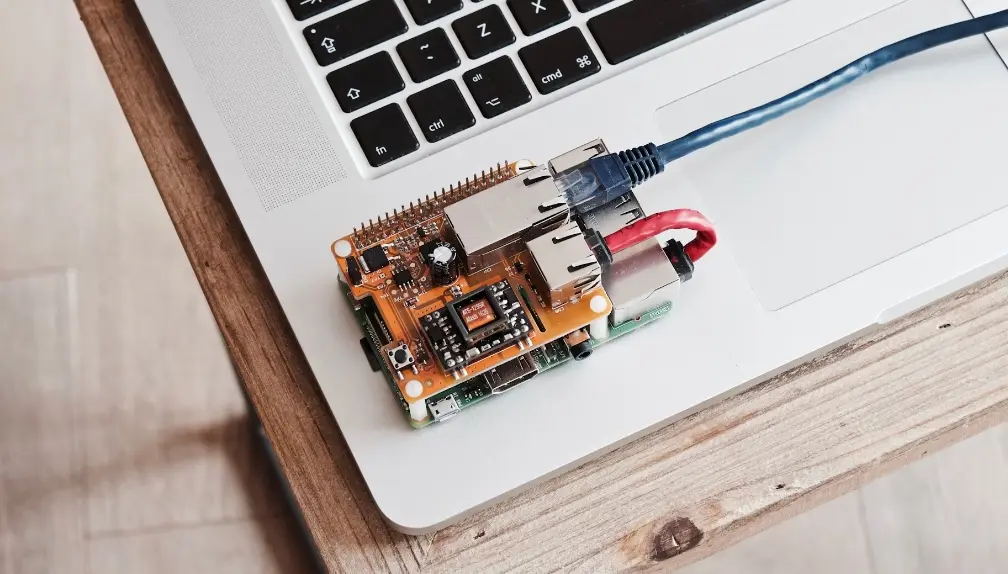 Is UL Certification Required in the USA?
Is UL Certification Required in the USA?
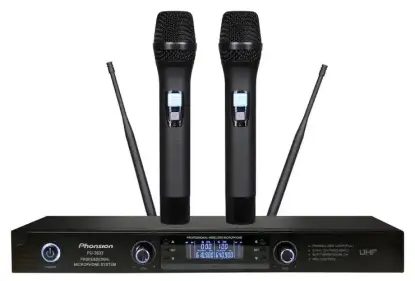 Wireless Microphone Export Certification
Wireless Microphone Export Certification
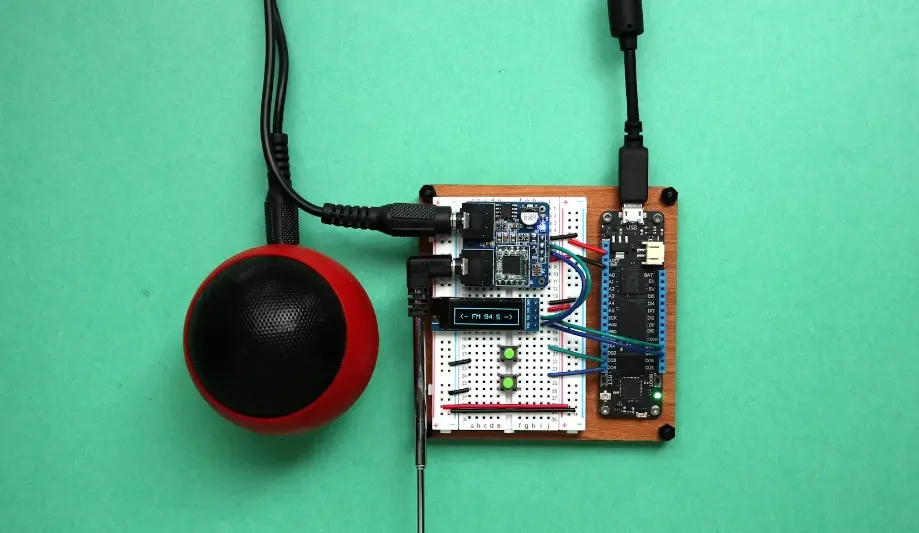 Audio-Visual Products SNI Certification in Indones
Audio-Visual Products SNI Certification in Indones
 FCC-ID: Still Needed if Module is Certified?
FCC-ID: Still Needed if Module is Certified?
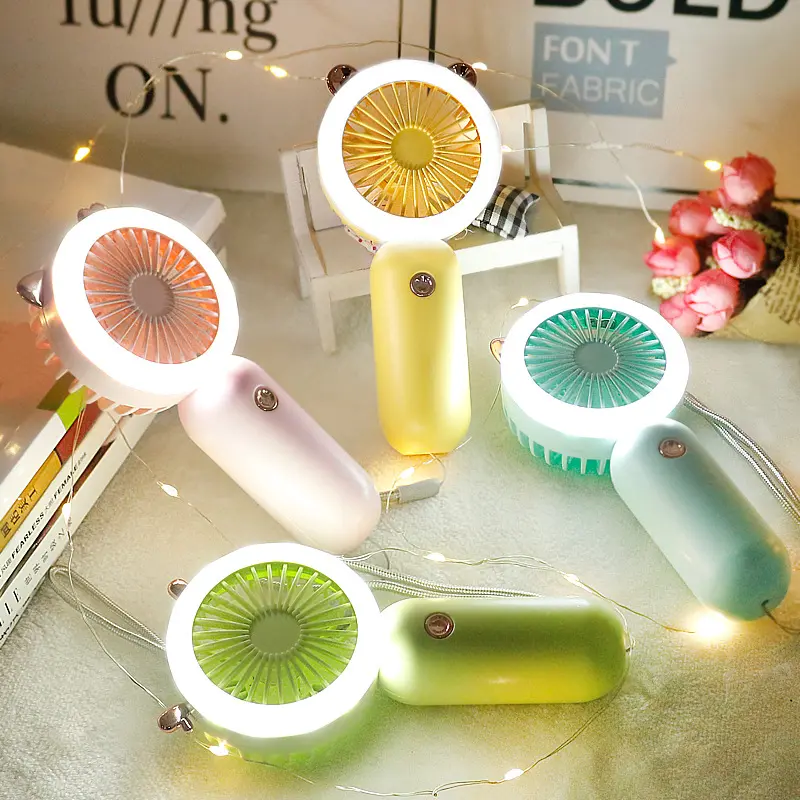 FCC Certification Fees for Handheld Fans
FCC Certification Fees for Handheld Fans
 FCC Certification Testing for Smart Lighting Produ
FCC Certification Testing for Smart Lighting Produ
Leave us a message
24-hour online customer service at any time to respond, so that you worry!




